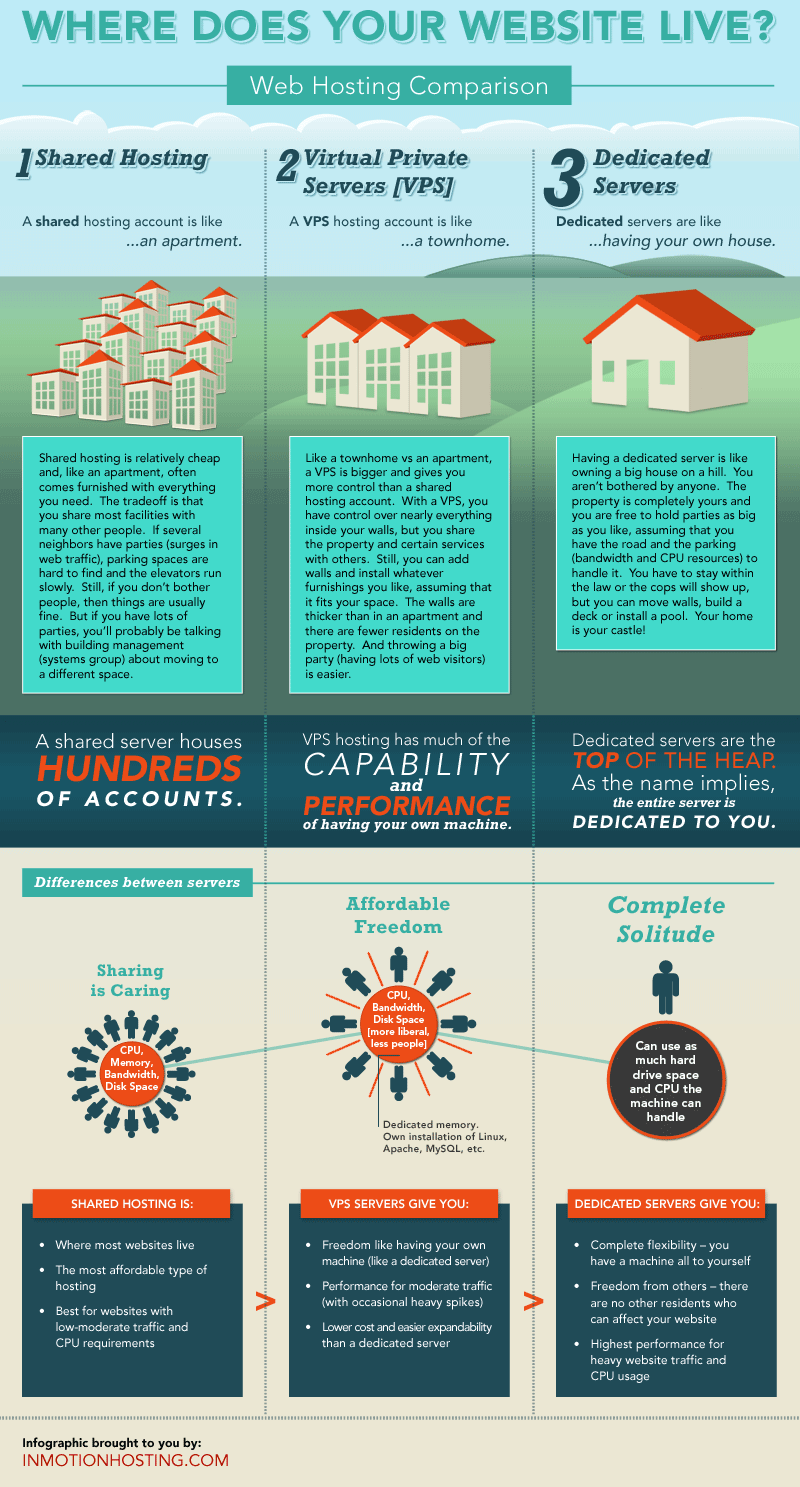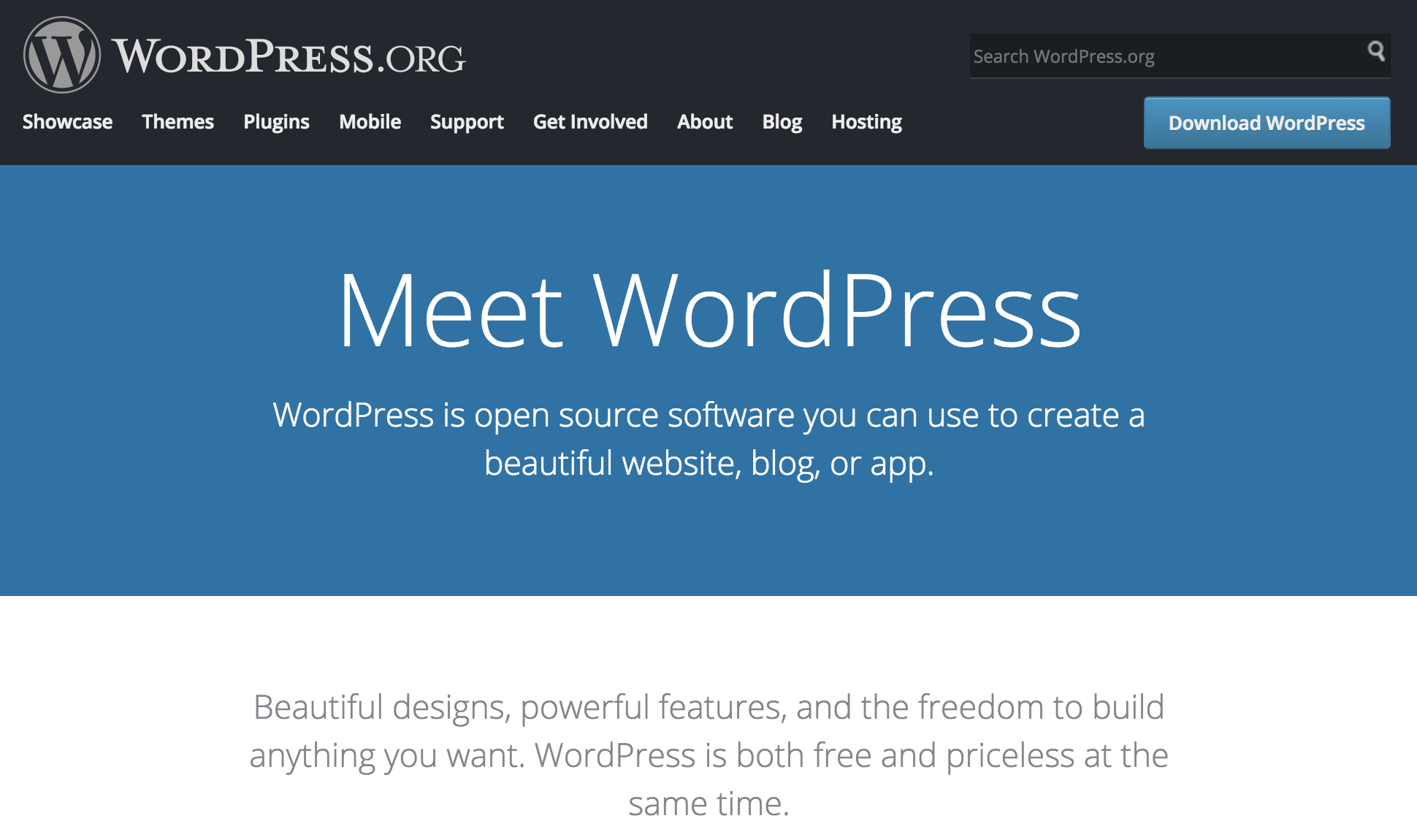Searching out the best web hosting provider can be hard, but you just need to do your homework. The more you educate yourself on the topic, the easier it’ll be to find the one that meets your needs. The following article will outline just what you should look for in a web host.
Be sure to back up your website and information to your computer as often as you can. Your host may not back up your site so if they experience extensive technical difficulties or are even shut down for good, your site will practically be gone forever and you will have to start anew.
Choose a hosting service that allows you to instantly and easily view your web statistics. You will want to know things such as how many people are visiting your website and what pages they are viewing. You can even find out how long they stayed on your site, and what search words they used to find you. These can be important in the long run, so use a server who has these tools.
The web hosting service that you decide to utilize should have easily accessible customer support with fast response times. This is important because once you begin running your website, you might realize that you require more than is offered in your package. For example, if your website has a huge boost in traffic that is beyond your bandwidth limits, you should be able to contact your web host and immediately obtain more bandwidth. If it takes over a week for the web host to respond to your request, and if your website goes offline in the meantime, this could have lasting negative consequences.
To get the most out of a free web host, you’ll need to back up any data and files related to your site. Because free web hosts don’t generally offer any guarantees about backing up your data, if anything disappears, it will be on you, and not on them.
Choose a web hosting service that will accommodate your site’s eventual growth. While HTML doesn’t take up many kilobytes, videos and photographs can. You need about 100 MB to adequately develop your site.
You may be getting charged by your web host on the traffic you get. But this is not a given, many web hosts use a formula based on your traffic whle some charge a flat rate.
Don’t purchase a web hosting plan just because it offers unlimited disk space or bandwidth. Compare these plans with plans that offer a reasonable amount of space and bandwidth to determine which is the best plan for your needs. Sometimes plans that offer a finite amount of space or bandwidth are better for your particular needs than plans that offer unlimited quantities of space or bandwidth.
Take the time to research web hosts on the internet or on specific blogs. Then narrow down your first few choices. There are far too many web hosts, to do research on every one. But, by researching a short list of hosts you can avoid all the pitches and gimmicks that many of the hosts will try to sell you on.
Consider how much downtime the web host will have when looking for one. These downtimes vary from 10% to .000001%. This means that there could be hours of downtime per week or as little as seconds. Select a host with the lowest amount of downtime that you can find.
Though you may not want to think about any potential need to shut down your website in the future, don’t neglect to ask about cancellation policies with a web hosting service. Inquire about contracts, refunds, and what happens to your content if you cancel your service. Ideally, there would be some way to retain the pages that you worked so hard to create.
Familiarize yourself with different statistics’ tools to keep track of your performances. You can use Analog Stats, Webalizer FTP, Webalizer web stats or AWStats. These tools allow you to see how many visitors you are getting every month, which pages they are viewing and what your bandwidth is used for.
If you are running an online business, you should avoid using a free web hosting service. Most free web hosting services do not have reliable up-time which means lost revenue. In addition, they also have forced banner ads and popup ads which can make your website seem unprofessional. Finally, a lot of free web hosting services do not give you the option of having your own domain name. If you are serious about your business, the cost of obtaining paid hosting should not be significant at all considering the benefits you will receive.
Be sure to pay for your host by the month. Avoid being sucked into a discount plan where you would have to pay for several months in advance. You never know what could happen with the host or what issues you may encounter. By paying on a monthly basis, you will be able to switch hosts quickly if needed.
If your web host provider has an outage, it may refund you for the time that your site was down. In general, you need to be refunded for sales you couldn’t obtain because of downtime. Do not allow yourself to settle for frequent down times solely on the basis of refunds or rebates; instead, opt for a provider that avoids these down times altogether.
Beware of web hosting services that charge very low fees, remembering that you get what you pay for. If you really only need a one-page site to direct customers to a brick-and-mortar business, then by all means go for a $5 a month provider. However, if you plan to do any kind of online business transactions, or are reliant on high-end graphics and a lot of information, then pay for what you need.
As shown in this article, selecting the best web hosting service for your website does not necessarily have to be a frustrating ordeal. If you know what to do, finding a reliable web host needn’t be hard. Use this article’s advice to quickly find the best web host for your needs.







